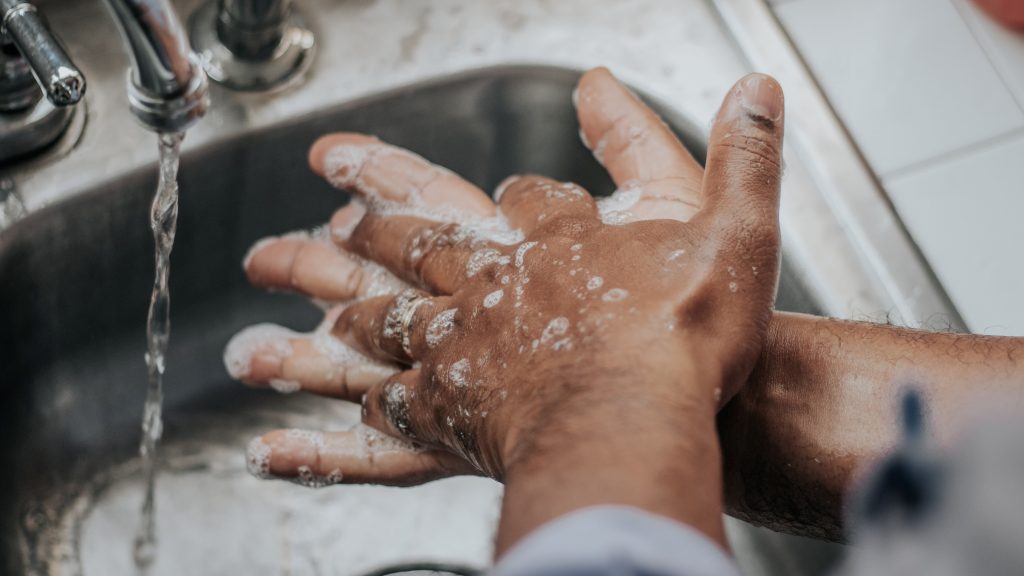German Sayings + Expressions 28: Things with Water Posted by Sten on Apr 2, 2020 in Culture, Language
In times like these, with the Coronavirus (coronavirus), we know we have to stay zuhause (at home). With events being cancelled and regular life coming to a halt, there are of course also Sprichwörter (sayings) and Ausdrücke (expressions) related to this. Let’s have a look at these, shall we? Today, we start with the Ausdruck (expression).
For older posts, please follow this link.
Ins Wasser fallen
Literally: to fall in the water
To fall through
Because of the Coronavirus, many events had to be blown off and many things fall through. Here just a few examples:
Die Strandbadsaison könnte auch ins Wasser fallen (The bathing beach season could also fall through)
Coronavirus: Neue IKEA Eröffnung in Karlsruhe könnte ins Wasser fallen (Coronavirus: New IKEA opening in Karlsruhe could fall through)
Segeln: Diese Regatten fallen ins Wasser (Sailing: These regattas could fall through)
But why does falling into water have such a negative connotation? This Ausdruck likely comes from the French tomber à l’eau, or goes back to the similar German in den Brunnen fallen (to fall into the well). These days, water has a refreshing connotation. The beach, sun, the ocean… But when something falls in water, it is less able to move, it is in danger of sinking or drowning. Pair that with how people were not always able to swim, and water posed a real threat. So something falling into water would ertrinken (drown). That’s quite dark, actually…
On to a more uplifting, positive Sprichwort!
Eine Hand wäscht die andere
One hand washes the other
Ah, yes. Just like in English, Germans also say that one hand washes the other. What does it mean? Here’s a German explanation:
“Auf eine Gefälligkeit folgt eine Gegenleistung. Man muss sich gegenseitig helfen.” (A favor is followed by something in return. One must help each other.)
Especially now, in times of the Coronavirus, helping each other REMOTELY is a great idea! And at the same time, you really should wash your hands – like have one wash the other. So a really fitting Sprichwort!
Where does it come from?
It actually goes way back to Ancient Greece. The Greek Komödienschreiber (comedy writer) Menandros wrote this in a similar fashion in the 4th century BC. The famous Roman Seneca translated it in the 1st Century as manus manum lavat. From there, it spread everywhere else!
Here’s an example of how to use it in German:
Nadine, kannst du mir kurz beim Einpacken der Einkäufe helfen?
– Ja klar! Das mache ich doch gerne, nachdem du mir gestern im Haus geholfen hast.
Tja, die eine Hand wäscht die andere!
(Nadine, can you just help me quickly with packing my shopping items?
– Of course! I am glad to do it, after you’ve helped me in the house yesterday.
Well, one hand washes the other!)
What do you think of this Ausdruck and Sprichwort? What are they in your language? Let me know in the comments below!

Build vocabulary, practice pronunciation, and more with Transparent Language Online. Available anytime, anywhere, on any device.





